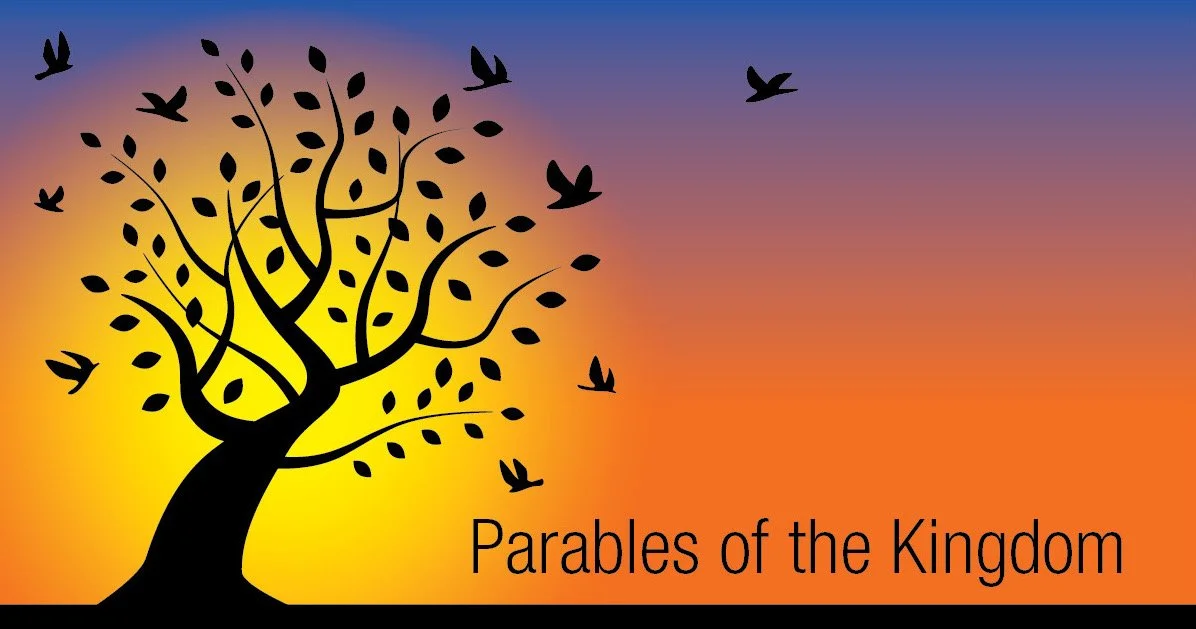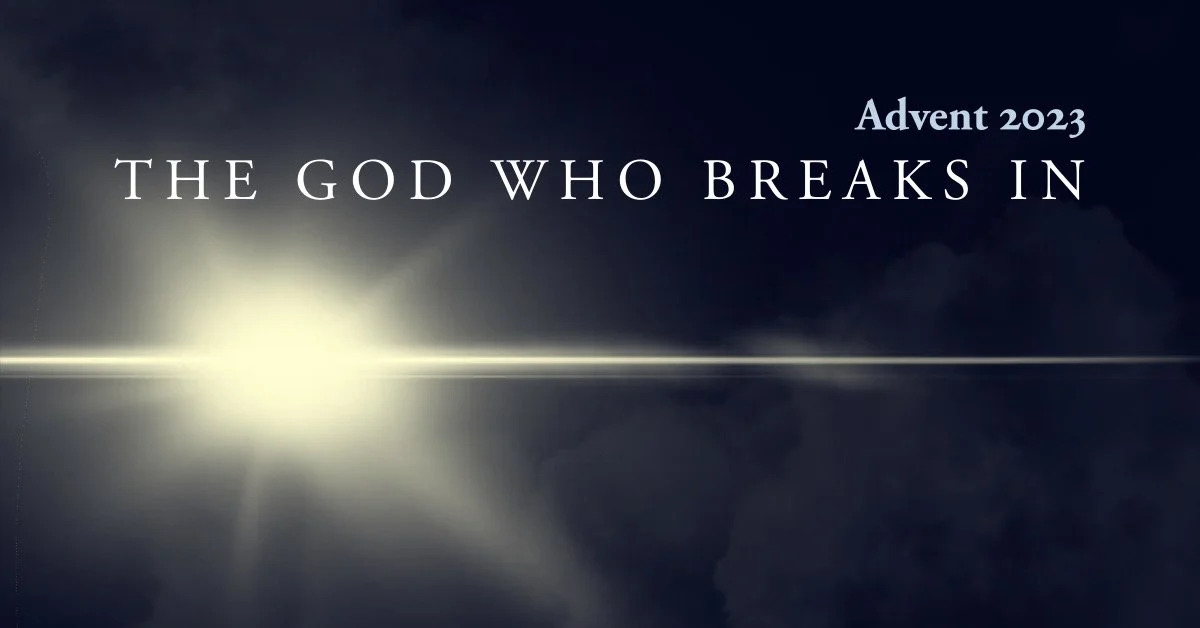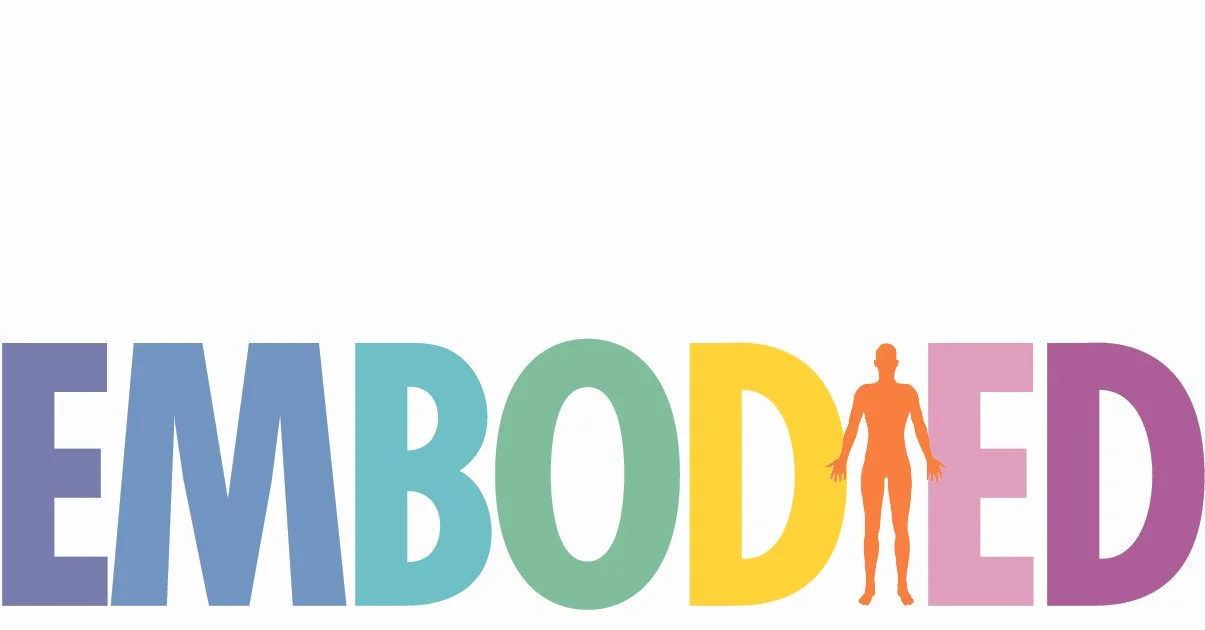Faith healing is a real thing. And it isn’t magic, unless you put your faith in someone other than Jesus. This passage considers the significance of vulnerability, prayer, and gratitude in healing.
With this question, Jesus doesn’t ask whether we have faith. He assumes we do. That might sound counterintuitive to many, but this passage takes us deeper into the real nature of faith.
We live in a weeping world, because everything we love is always dying. But we also live in a seeking world, because we long for something that cannot be touched by death. How does the resurrection of Jesus address this struggle?
“Why have you forsaken me?” Jesus didn’t ask this question of a human being. He asked it of God. What does it mean? To look at the cross is to come face to face with something we don’t want to look at, but desperately need to.
It’s hard to face the pain and negativity of our lives and this world. We want things to be smooth, including spirituality. But Jesus offers us a way through the pain to something far greater.
With this week’s question Jesus confronts our fear of suffering in order to set us free. Join us as we continue to explore questions that Jesus asked.
We all need to know not only that we are worthy of love and belonging, we need to know why. The woman in this story, and Jesus’ question about her, give us a new way of seeing others by giving us a new way of seeing ourselves.
To be human is to long for more than we currently experience and to be more than we currently are. In this passage, Jesus asks a question that brings us to the very heart of our longing for something more.
Why would Jesus do so much of his teaching by means of parables, which are so hard to understand? In this passage, Jesus shows us the counter-intuitive, yet deeply healing, answer.
We modern people struggle greatly with the idea of God’s judgment. But in this parable, Jesus shows us that unless we allow God to be a God of judgment, then he cannot be the God of love we so desperately desire.
Who doesn’t want to be someone’s precious “treasure”? Who doesn’t want to know that someone loves them more than life itself? No matter who you are, these two short parables are an invitation to both those gifts.
The problem of the “other” is one of the biggest problems in our world. How should we respond? Is it possible to embrace the other? These two short parables offer us a powerful answer.
We have a longing for something bigger than ourselves, and many people wonder if Jesus might play a part in it. In this parable, Jesus shows us what we’re longing for, and how it comes into our lives.
People with different worldviews nonetheless describe the same experience: We feel cut off from our true home. This passage shows us why that is and, more importantly, what God does about it.
“Whatever has your attention is shaping and directing your life. In the parable of the ten maidens, Jesus warns us not to give all of our attention to lesser things, lest we miss out on the best thing.”
The Day of the Lord. The end of time. Good news or not so much? This passage sheds light on the life-giving difference between threat and promise.
The most important conversations are the ones we’re least likely to have, because they’re most likely to go wrong. In this passage, Jesus models four things that help us walk through the most challenging conversations.





















